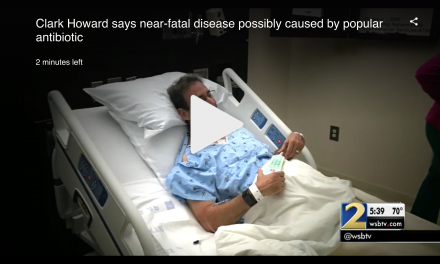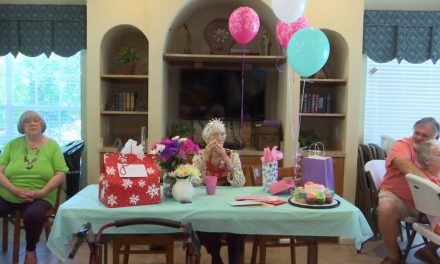Bad relationships happen to everyone. You can find yourself facing conflict every day whether it is someone you work with, a romantic relationship, an off-kilter friendship or an overbearing family member. So, it’s not surprising to hear that a recent study by the American Sociology Review found that social networks and power constraints can keep us trapped in toxic relationships with people we find to be difficult or demanding. (1)
Although cutting difficult people out of your life can be healing, it can also lead to an unexpected reaction: Grief. If you have cut someone out of your life and find yourself grieving, it is part of the process that will allow you to move on.
RELATED STORY:
The Drama Triangle
As licensed marriage and family therapist Linda Graham explains, people can get drawn into a “drama triangle.” The concept was developed by Stephen Karpman, M.D. which refers to three roles people play in unhealthy relationships:
- The Persecutor: This person is a bully who endlessly criticizes you or blames you for issues allowing them to avoid being the vulnerable one in the relationship. Persecutors love and need a scapegoat.
- The Victim: This person plays the victim and avoids having to solve problems or make decisions. They can’t take responsibility for their circumstances and instead try to get you to meet their needs. If you can’t, they blame you. The victim looks for a savior.
- The Rescuer: This hero figure is ever the good guy saving you from yourself while violating your boundaries. Because this person will put your needs first in order to “save” you, they often feel resentment towards you when you do not give them credit for their sacrifices. Rescuers need a “basket case” to save. (2)
Graham feels that in toxic relationships we tend to switch between these roles without taking responsibility for our part in the triangle. As a result, we remain stuck in an endless cycle of drama. (2)
RELATED STORY:
How to Recognize a Toxic Relationship
According to Susan Heitler Ph.D., there are eight signs you are in a toxic relationship:
- You are in constant competition with other people in their life
- You do not share balanced conversations (they do all the talking)
- They constantly criticize you
- You instigate all of the contact
- They are constantly telling you that you have to change
- You are walking on eggshells around them
- Your time together is an emotional roller coaster
- They are causing you physical stress (3)
Dr. Heitler says that when you are in a good relationship it makes you happy and improves your health. She refers to an old, but relevant study that found those in strong friend groups are 22% more likely to live longer. (3, 4)
RELATED STORY:
How to Grieve a Lost Friendship
Kristi Hugstad, certified Grief Recovery Specialist, and host of “The Grief Girl” says that grieving the loss of a living friend is no different than grieving the death of a loved one. Therefore she recommends these steps to help in the healing process:
- Feel the grief: First, recognize what you are feeling is grief. Then allow yourself to feel the pain.
- Cherish the memories: Just because the person is out of your life doesn’t mean you didn’t share some good times. Allow yourself to have happy memories to get past the person they have become.
- Accept that the past is the past: Although things might eventually get back on track, accept that your relationship, at least for now has changed. (5)
RELATED STORY:
How To End A Toxic Relationship
According to practicing psychotherapist, Erin Leonard, Ph.D. you can take these steps to gracefully end a toxic relationship:
- Remove the emotional connection and keep things light and fun
- Be diplomatic to keep things civil
- Find new activities and friends
- Do mind and body work
- Find laughter
This will keep you safely removed from their negativity without creating a worse situation between you. (6)
*Article originally appeared at Healthy Holistic Living. Reprinted with permission.












